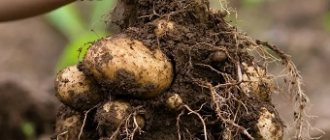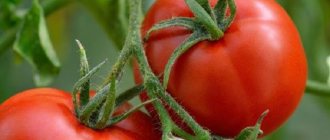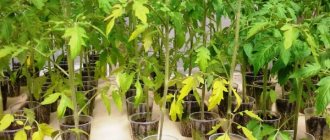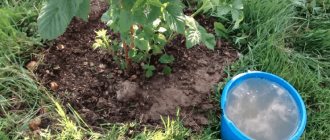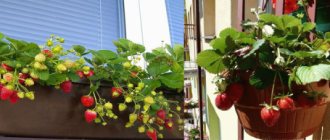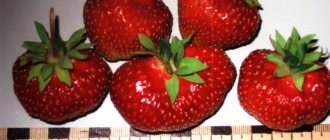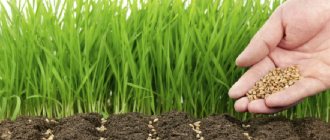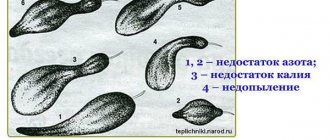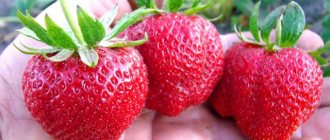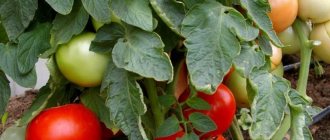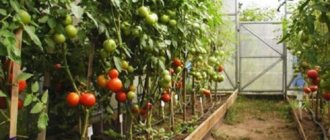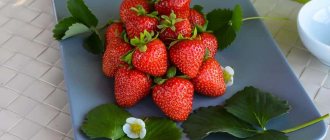Growing garden strawberries is becoming increasingly popular. In order for the berry to be well accepted in its permanent place of residence and bear fruit abundantly, it is necessary to properly prepare the planting material, provide optimal conditions of maintenance, and enrich the soil with all nutrients.
Properly applied fertilizer for garden strawberry seedlings protects the crop from nutritional deficiencies and has a positive effect on health and productivity.
This is interesting! Fragrant strawberries are usually considered a berry, which is completely wrong. The real fruits of this crop are small seeds, which are essentially nuts. The strawberry itself is just a fruit, which in no way makes it any less tasty.
Features of growing garden strawberries
The crop is planted twice a year - in spring and autumn, which is determined by the specific variety or the preferences of the gardener himself. The applied fertilizer must correspond to the season, since it must fully satisfy the needs of the plant. With the onset of warmth, the crop needs substances that promote active growth, vegetation, ripening of berries, and in the autumn months it prepares for the upcoming cold weather.
Before growing strawberries, the soil must be dug up, watered, and fertilized. It is not recommended to enrich the beds with urea. Urea is an active substance. It can injure the still fragile root system or burn it. The best option is manure, but only rotted manure. In its fresh form, the product, like urea, can harm the roots.
Supporters of environmentally friendly products grow strawberries exclusively using organic matter, but a combined approach allows for a rich harvest when mineral complexes are also added to the soil. The latter is especially true for those gardeners who grow berries for sale. The approach to choosing fertilizing depends on the area of the planted beds.
How to plant strawberries with seeds at home
The first step is to choose the right seeds. It is important to know the harvest year. Strawberry seeds are small and lose their germination very quickly. It would be ideal to collect and sow next winter.
I bought fresh seeds from a private owner, all 16 varieties sprouted. There were two varieties from the store. Not a single seed sprouted. Which is not surprising: I read the dates on the package: harvest - 2022, packaged in 2018, I bought these seeds in 2022, I plan to sow in 2020
